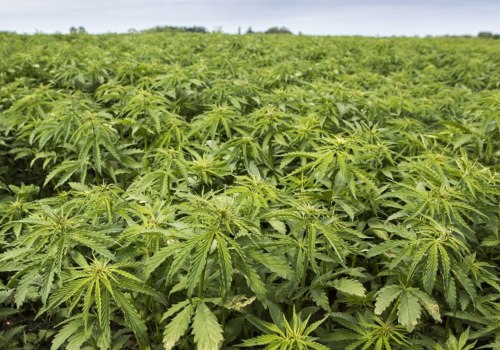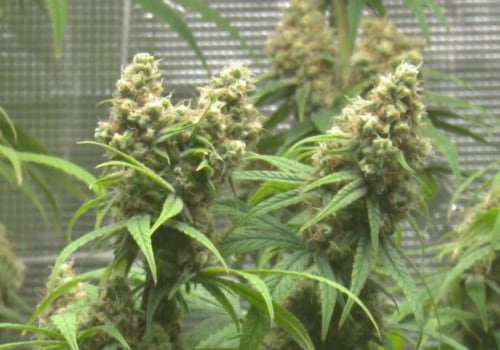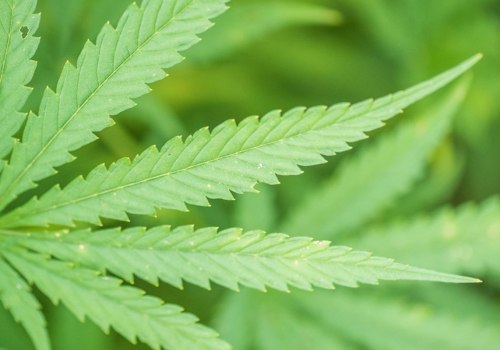HEMP, or industrial hemp, is a botanical class of Cannabis sativa cultivars that are specifically cultivated for industrial or medicinal use. It can be used to manufacture a wide range of products, such as paper, rope, textiles, clothing, biodegradable plastics, paints, insulation, biofuels, food and animal feed. Along with bamboo, hemp is one of the fastest-growing plants on Earth and was one of the first plants to become usable fiber 50,000 years ago. In the United States, production of industrial hemp is controlled by anti-drug laws and requires a permit from the Drug Enforcement Agency (DEA).
The use of the industrial hemp plant and its cultivation were common until the 1900s when it was associated with its genetic sister a. Canada and the European Union maintain this distinction by strictly regulating the THC levels of industrial hemp, requiring that they be lower than 0.3 percent compared to THC levels of between 3 and 30 percent in marijuana. Only in 1997 did Ireland, parts of the Commonwealth and other countries start legally growing industrial hemp again. Hemp is used to make a variety of commercial and industrial products, such as rope, textiles, clothing, shoes, food, paper, bioplastics, insulators and biofuels.
Most initiatives in favor of hemp in the United States now focus on defining and distinguishing between industrial hemp and marijuana. When cultivated for non-pharmacological purposes, hemp is called industrial hemp and a common product is fiber for use in a wide variety of products as well as seed for nutritional aspects and oil. Hemp paper is a variety of paper that consists exclusively or largely of pulp obtained from industrial hemp fibers. For centuries items ranging from ropes to fabrics and industrial materials were made with hemp fiber. In the early 1990s industrial hemp agriculture in North America began with the University of Manitoba's Hemp Awareness Committee.
The two internal fibers of the plant are more woody and generally have industrial applications such as mulch animal bedding and garbage. In the Australian states of Tasmania Victoria Queensland Western Australia New South Wales and more recently South Australia state governments have issued licenses to grow hemp for industrial use. By definition industrial hemp is high in fiber and low in active tetrahydrocannabinol (THC) the psychoactive ingredient in marijuana that makes some cannabis varieties a valuable drug. Industrial hemp can be an excellent rotational crop for traditional crops as it eliminates weeds and reduces outbreaks of insect and disease problems.







